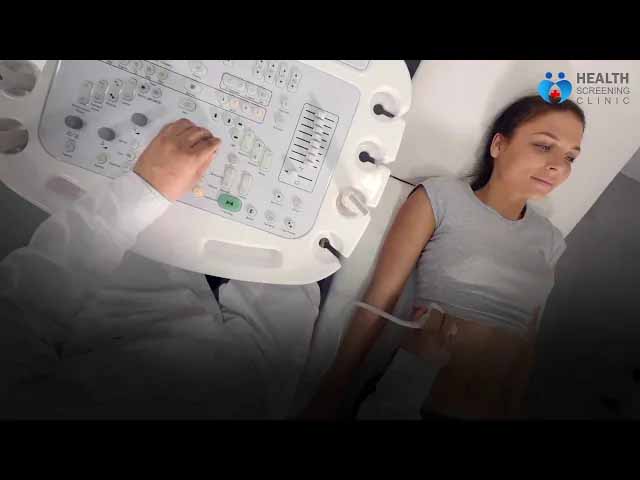PREGNANCY AND CHILDBIRTH
The female body undergoes significant changes during pregnancy. During pregnancy, the female body experiences heightened emotions caused by hormones and even increased immunity. The immune system which has been affected by hormones has adverse effects on allergic diseases. For starters, there could be a possibility of heightened triggering of allergies. For instance, asthma can become worse with frequent attacks during pregnancy and childbirth.
In some cases, allergies may already be present in the female body, even before pregnancy. How then can they be controlled, with no adverse effect on the developing foetus? Some allergies are equally triggered by pregnancy.
A few common allergies that are triggered or heightened by pregnancies include
- Nasal allergies
- Asthma
- Urticaria
- And allergy-like rashes
These allergies can be controlled using drugs correctly prescribed by qualified medical practitioners. It is necessary to control these conditions, so as not to affect the weight of the child during birth or timing of delivery, as in the case of asthma. Taking the lowest possible dose of such medication is imperative.
Preventing Allergies in the unborn infant
Another pressing problem is the threat of transfer of allergy from mother to foetus at a risk of 30%. This risk percentage can increase by up to 60% if both parents have an allergy. Also, smoking during pregnancy encourages allergic development in the baby, increasing the risk of the baby developing asthma or nasal allergies –if the birth month coincides with the onset of pollen season, the case could worsen.
The major concern of allergic parent or parents would be to reduce the risk of allergy in the offspring. This is possible if careful steps and precautions are taken from the pregnancy stage, and even after birth. The easiest and most significant method after birth is through breastfeeding. At least four months breastfeeding with no extra formula provides maximum protection to the baby. Note therefore, that once an infant is sensitive to an allergen, in terms of food, the breastfeeding mother must refrain from including all traces of such food in her diet, as this could be found in minute quantities in the breast milk and consequently cause an allergic reaction to the baby when ingested.
Reducing the risk of allergies in childhood
It has been discovered that children born to families with strict adaptation to normal hygiene, animals or even siblings are more prone to develop allergies than children who are exposed to normal growing up in an environment that entails regular childhood viruses. Ironically, this means it is totally normal for children to grow up in environments with natural Micro-Biosystems, as it helps them develop immunity against several allergies.
This is the basis of the "Hygiene Hypothesis".
All things considered, allergies can be controlled or even prevented at pregnancy stage, when the mother avoids alcohol, smoking, avoids or limits intake of allergy-provoking foods, consumes significant amount of vitamin D containing foods, and gets lots of rest, sleep and exercise.
After birth, exclusive breastmilk for 4 months is highly recommended. All processed foods and allergy-triggering foods should be avoided entirely in the diet. And finally, immunisation should be administered.
Contact us today via mail or give us a call to find out more about allergies relating to pregnancy and childbirth!
Contact Us



